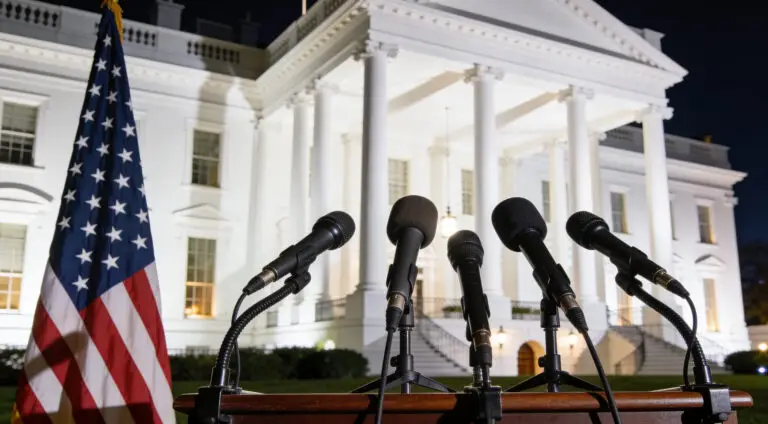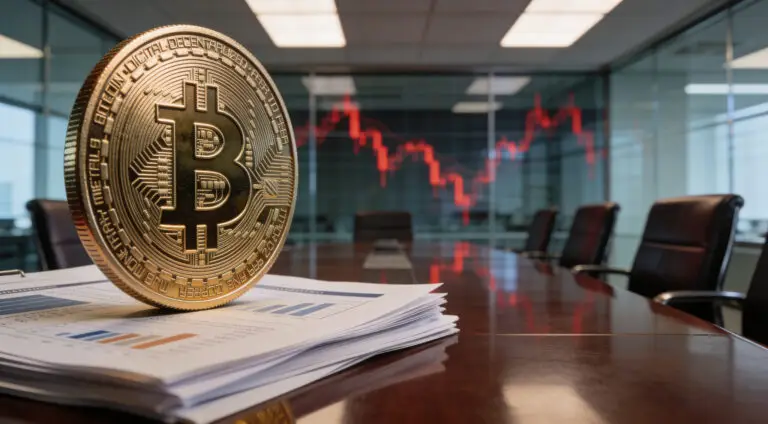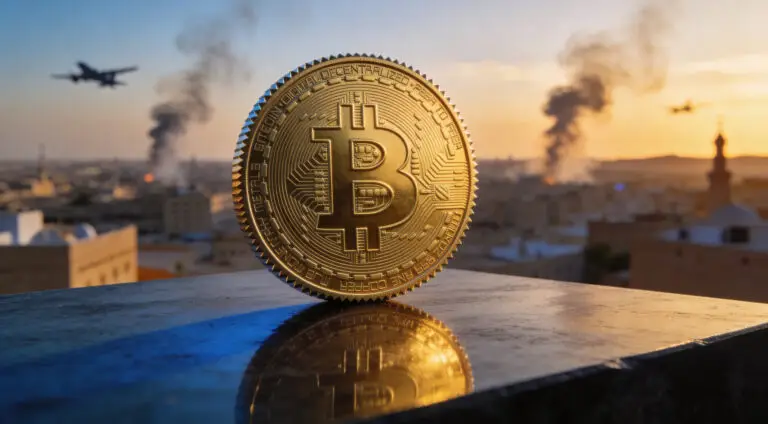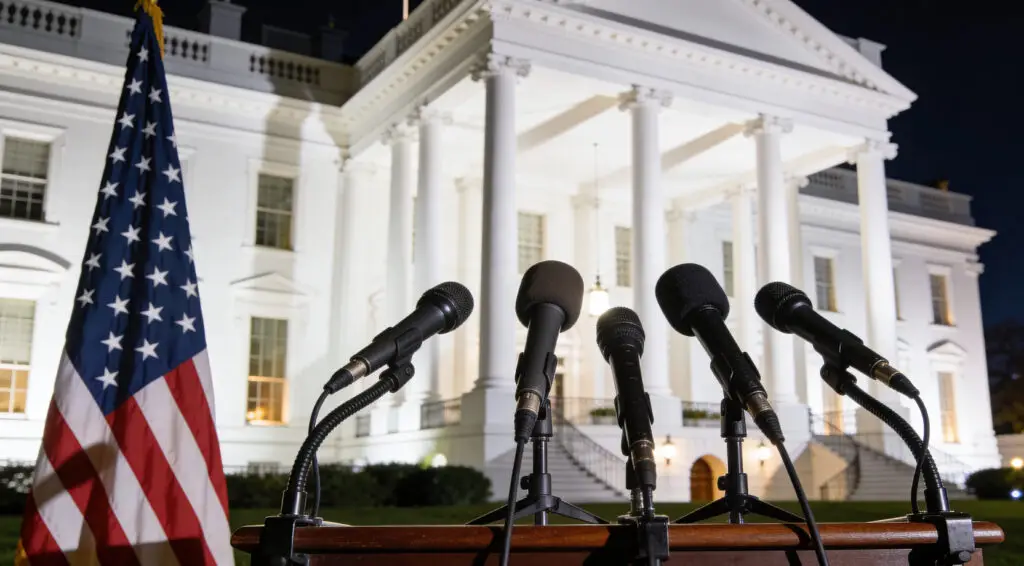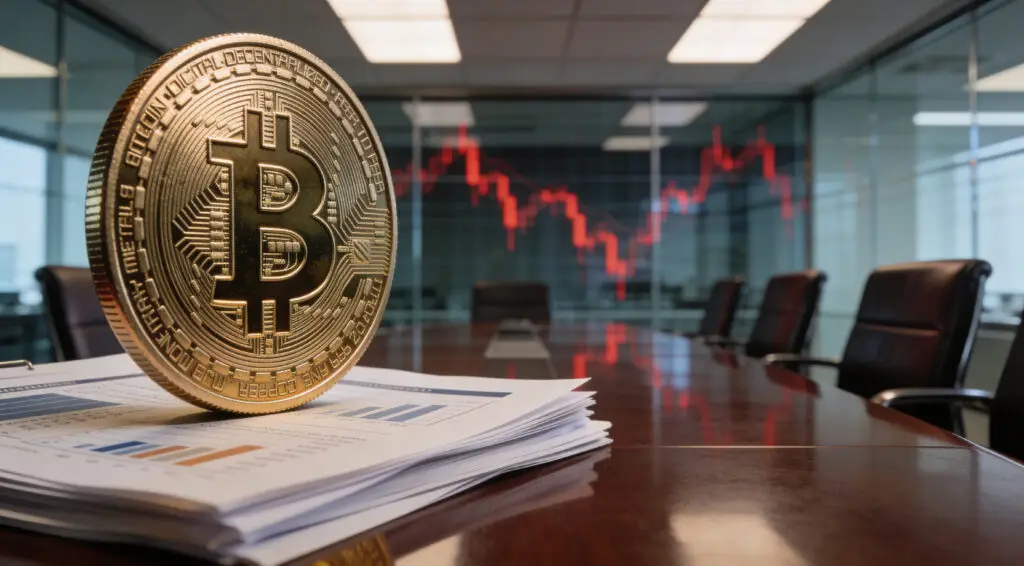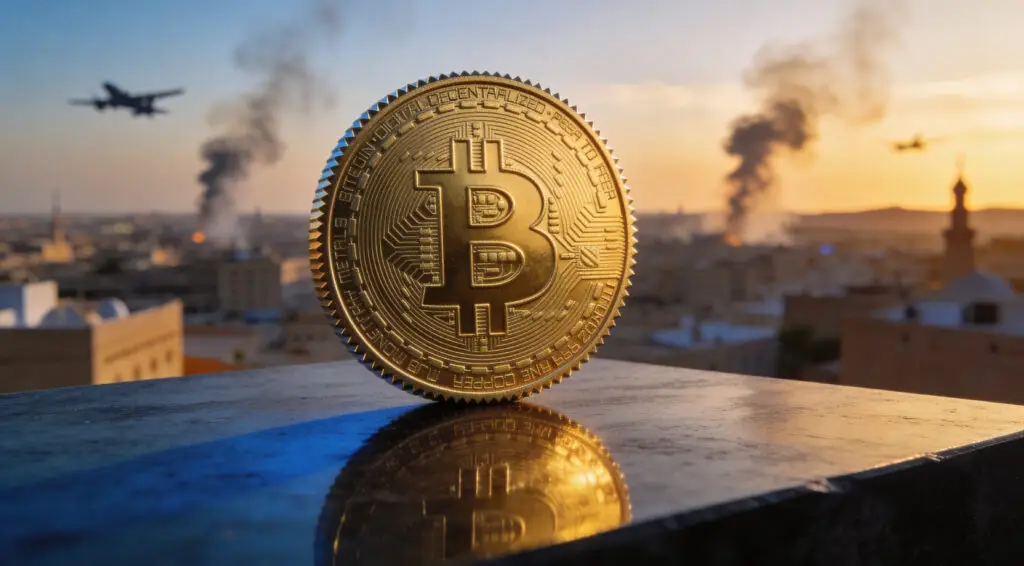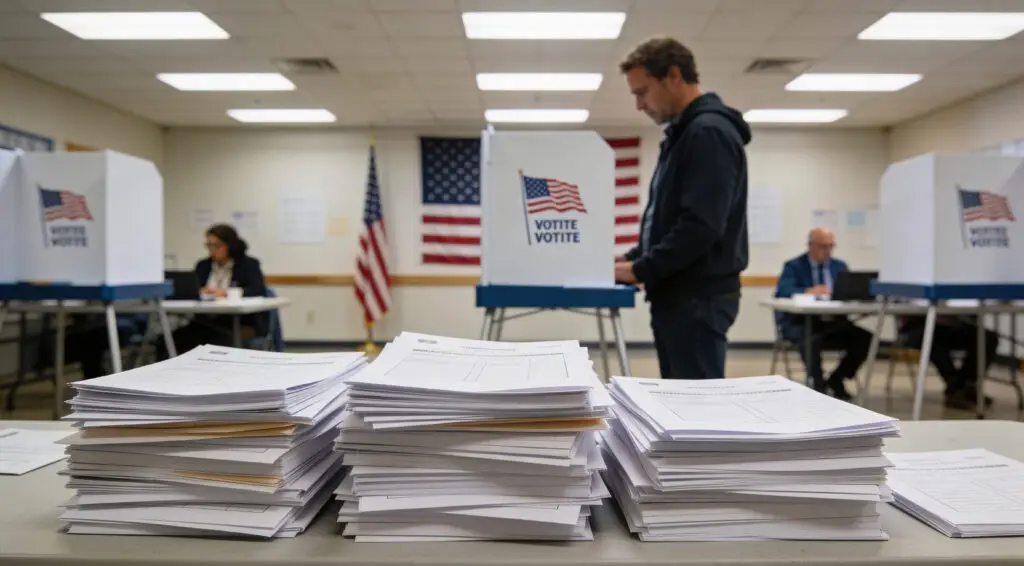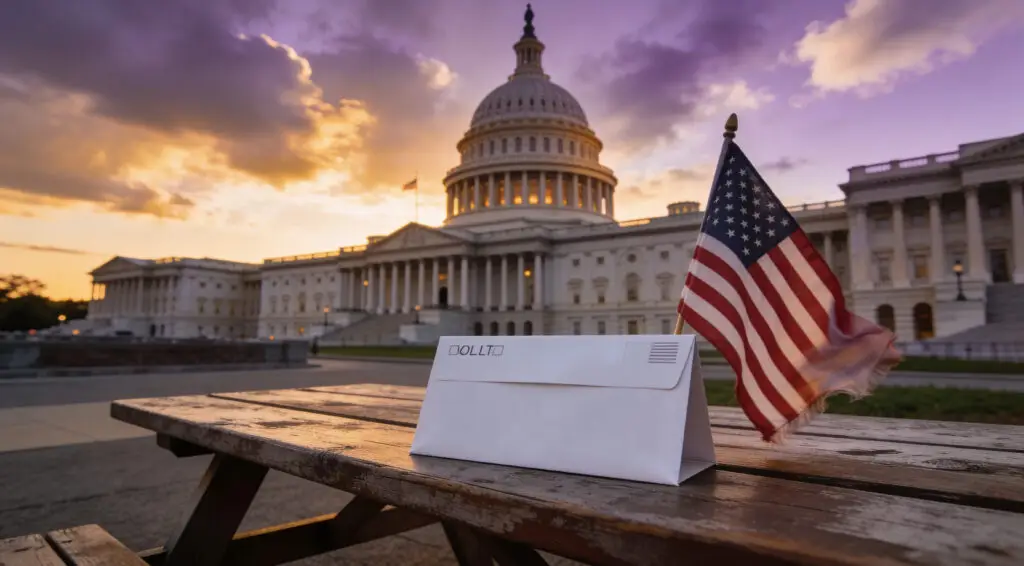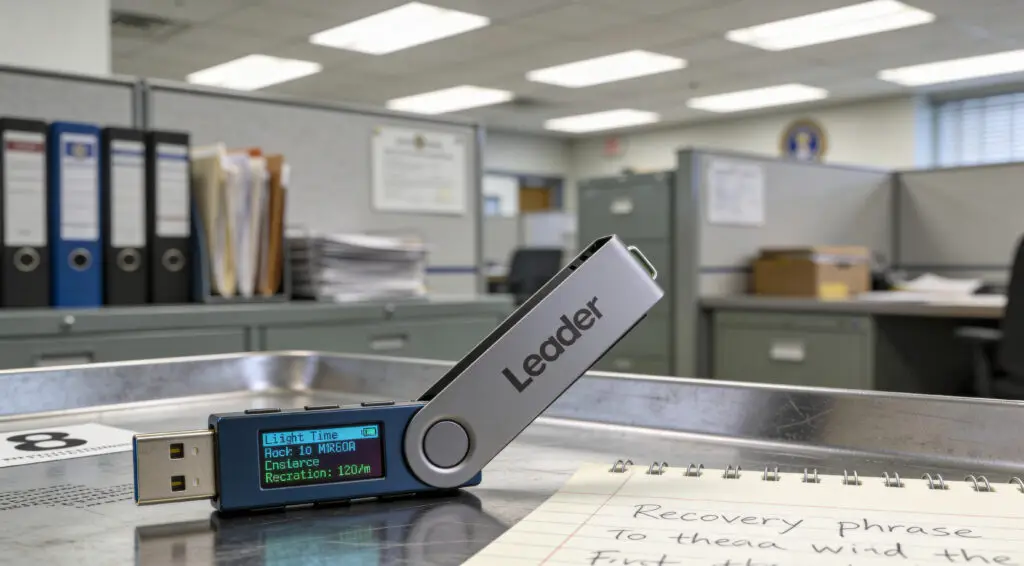Hyderabad, India— On April 25, Friday, the Hyderabad International Convention Centre (HICC) hosted yet another significant and lively political discourse centered on the active engagement of the youth in governance processes. In the scope of Bharat Summit 2025, purportedly the largest global amalgamation of progressive parties, “Youth and Politics of Tomorrow” was conducted as one of the sessions.
It was meant to achieve a specific objective revolving around the need and call of the time, where young people actively and emphatically engage in politics to succeed and lead. This provided an unparalleled opportunity to listen to rising disputes at an advanced age on children’s global issues of high intensity, like climate change and the power changes shifting globally.
Voices from the Global Stage
The participants for the discussion had a wide range of political backgrounds and geographic origins, which underlined the need to consider global capture of young people’s involvement in politics. Participating were also the two youngest MPs in New Zealand, Marina Hay and Arena Williams. They were accompanied by a Malaysian delegate, Liinesh Selluandan, who is currently the DAPSY vice chairman. Other Indian representatives on the panel included the Transport Minister of Telangana state, Ponnam Prabhakar; Balmoori Venkat, MLC Telangana; and NSUI President Varun Choudhary.
Also contributing was the perspective of Vamshi Krishna Gaddam, MP from Peddapalli, Telangana. The session was moderated by Youth Congress leader Krishna Allavaru. Each one of the panelists provided unique insights on how they became interested in politics and what the politics of the future are in their view.
Why Youth Should Participate Immediately
The panelists on the session resonated a single message: it is high time for young people to step into the political sphere. Everyone on the panel had started their political journey early, and they all urged the next generation to do the same. Peddapalli MP Vamsi Gaddam voiced all the negative politics people talk about when he said, “There are many negative connotations attached to politics .” However, he also talked about the good things: “However, it is an avenue to do a lot of positive things.”
While trying to emphasize that, Gaddam warned that social media misuse, known as a “growing menace,” also has its risks. The comment that “It is the young people’s voices that politics needs” was made by Liinesh Selluandan and supported by the entire panel.
Addressing Global Issues and Overcoming Obstacles
The discussion included issues concerning the global population and, most notably, the youth who are starting to get into politics. For example, Arena Williams pointed out that “the world is facing multiple crises,” climate change and inequality being two of them. While acknowledging these challenges, she urged the youth not to become disillusioned but rather to try to rise to this moment of opportunity—“seize this once-in-a-generation opportunity to make a change,” channeling the spirit of leaders like Nehru.
Varun Chowdhary focused on the sudden change of starting a political career and its associated hurdles as a problem with structure. He supported early involvement by claiming, “That is why student politics are important,” emphasizing the need for early exposure.
Pathways to Leadership: Merit Over Dynasty
An important aspect was that you do not have to be from a political family in order to serve the public. Minister Ponnam Prabhakar further emphasized this when he said, “The nation is waiting for the youth to enter politics,” while encouraging students to do something different. In reflecting on his journey, he exemplified that people do not have to be from political families, saying, “For every family of politicians, there is a Ponnam Prabhakar or a Balmoori Venkat who comes from nowhere.”
Further, Balmoori Venkat reinforced this: “I do not come from a political family. As a student, I joined the NSUI and fought my way to becoming the country’s youngest MLC.” Venkat called for student elections in state universities, saying, “That is how new blood comes in. That is how new leaders are born.”
Service, Reform, and the Courage to Question
Liinesh Selluandan reinforced the idea of politics as a form of service by saying it is a vocation one takes on. Telling younger audiences who are confronted with disappointment, “You see disappointment, corruption, and broken systems. But, you are the change of today,” encouraging them to not give up on civic engagement.
Marina Hay suggested that the voting age be lowered to 16, claiming, “If you’re old enough to drive and do other things at 16, you should be able to vote too. That is something we are working towards.” Urging the need for tenacity, Arena Williams remarked that for young people, if ‘they want change, they need to hurl themselves into the fray, break the rules, and inject entirely new concepts.’ The takeaway from the discussion was strongly one that youth as a whole are tasked with and have the ability to radically change the political paradigm for the better, irrespective of challenges that arise.



